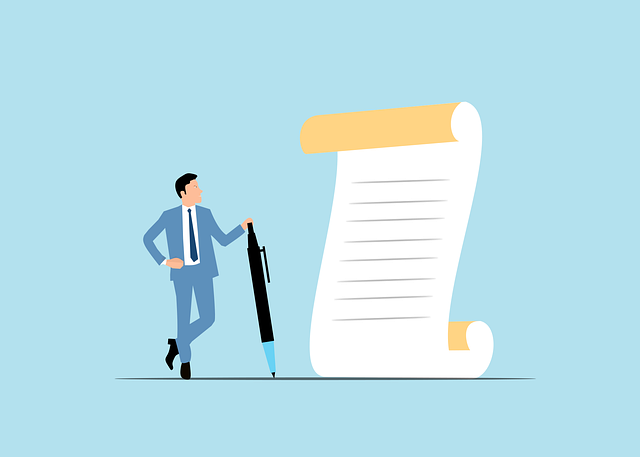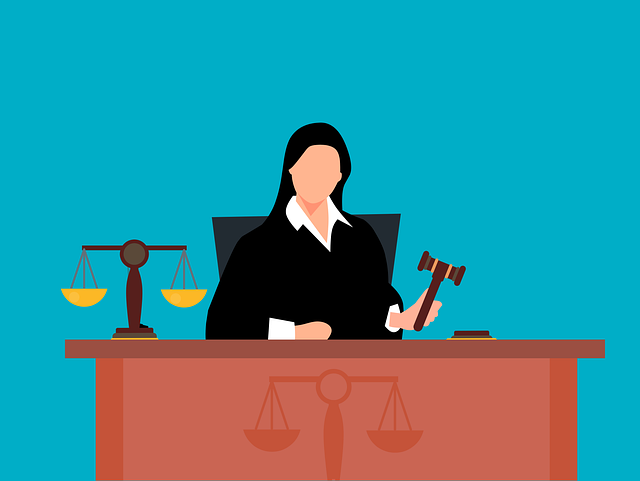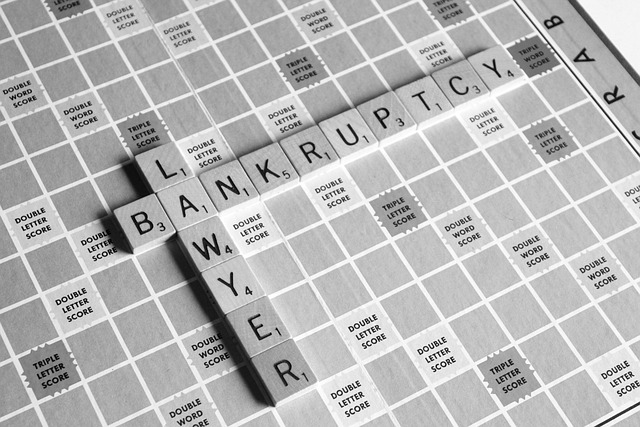Miami's personal injury laws protect victims of negligence or intentional harm, with a 4-year statute of limitations for filing lawsuits. A robust legal strategy involves gathering comprehensive evidence, including expert witnesses and digital records. Strategic planning maximizes compensation by documenting injuries, expenses, and proving negligence through relevant records and expert opinions, leading to substantial settlements or verdicts in cases like nursing home neglect, truck accidents, and wrongful death.
Navigating a personal injury case in Miami requires a deep understanding of local laws and effective strategies. This comprehensive guide delves into the essential legal tactics for winning your claim. From comprehending Florida’s personal injury regulations specific to Miami to gathering compelling evidence, this article equips you with insights. Learn proven strategies to maximize compensation, ensuring you receive fair rewards for your suffering. Whether preparing for negotiations or court, these tips are invaluable in securing a favorable outcome for your personal injury case Miami.
- Understanding Personal Injury Laws in Miami
- Gathering Evidence for Your Case
- Strategies to Maximize Compensation Rewards
Understanding Personal Injury Laws in Miami

In Miami, personal injury laws are designed to protect individuals who have suffered harm due to another party’s negligence or intentional actions. When navigating a personal injury case in Miami, it’s crucial to understand that these laws outline the rights of victims and the responsibilities of at-fault parties. Personal injury cases can arise from various situations, including auto accidents, slips and falls, medical malpractice, and product liability claims. Each type of case has its own set of rules and timelines for filing a claim or lawsuit.
For instance, in Florida, including Miami, there is a time limit—typically four years—to file a personal injury lawsuit after the incident occurs. This statute of limitations applies to both physical injuries and emotional distress caused by negligence. Victims should also be aware of the concept of comparative negligence, where a jury or judge determines the percentage of fault each party bears in the accident, affecting the amount of accident compensation they receive. Understanding these legal principles is essential for anyone considering pursuing a personal injury case in Miami to ensure their rights are protected and they receive fair compensation for their auto accident injuries or other related damages.
Gathering Evidence for Your Case

In a personal injury case Miami, gathering compelling evidence is paramount to building a strong legal strategy. This involves meticulously documenting every aspect of the incident, from initial reports and medical records to witness statements and photographs of the scene. A motor vehicle accident attorney or medical malpractice lawyer will often retain experts in fields like forensic engineering or medical professionals to aid in reconstructing events and explaining complex issues to the court. These efforts ensure that all relevant facts are considered, providing a just outcome for the victim.
The process includes collecting physical evidence from the site, such as vehicle damage or medical devices used during treatment. Additionally, digital evidence like text messages, surveillance footage, or social media posts can significantly impact the case. A skilled attorney will instruct clients on preserving this information and guide them through depositions, where testimony is recorded for future use in court. Effective collection and presentation of these items are key to securing a favorable outcome in a personal injury case Miami.
Strategies to Maximize Compensation Rewards

When navigating a personal injury case in Miami, strategic planning is key to maximizing compensation. One effective approach is to thoroughly document all injuries and associated expenses, ensuring every detail is captured for accurate reimbursement. This includes medical bills, rehabilitation costs, and any lost wages or future earning potential impacts.
Additionally, building a strong case often involves gathering compelling evidence and expert opinions. For instance, in nursing home neglect cases, expert testimony can highlight the substandard care provided. In truck accidents, analyzing the vehicle’s maintenance records and driver logs may reveal negligence. Even in wrongful death claims, demonstrating the profound impact of the loss on surviving family members through financial and emotional means can lead to substantial settlements or verdicts.
When navigating a Miami personal injury case, understanding local laws and employing effective strategies are key to achieving favorable outcomes. By gathering comprehensive evidence, utilizing robust legal arguments, and staying informed about compensation rights in Florida, injured parties can significantly increase their chances of winning and securing the rewards they deserve for their troubles. Remember, with the right approach, a successful personal injury case in Miami is within reach.






